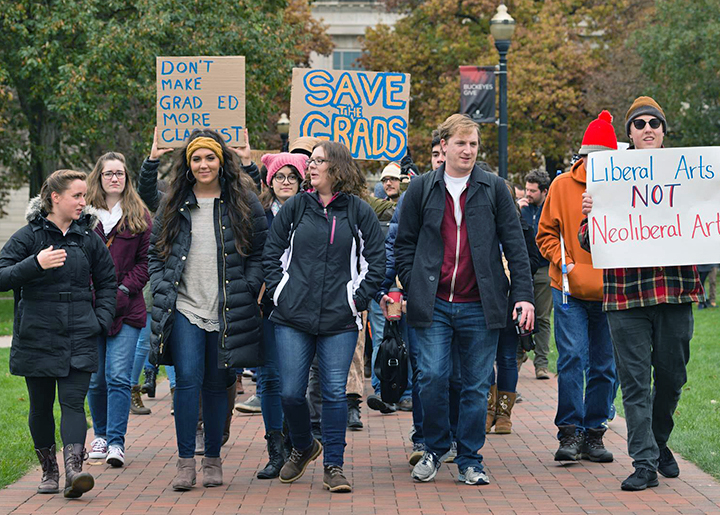
GOP celebrates as Democrats blast the court “The court has come to rest on the bottom-line conclusion that racial diversity in higher education is only worth potentially preserving insofar as it might be needed to prepare Black Americans and other underrepresented minorities for success in the bunker, not the boardroom (a particularly awkward place to land, in light of the history the majority opts to ignore),” Jackson wrote. Jackson called out the caveat in her dissent. In a footnote in the majority opinion, Roberts said that the cases before the court did “not address the issue” and left open the possibility that there are “potentially distinct interests that military academies may present” in a future case.ĭuring oral arguments, Solicitor General Elizabeth Prelogar stressed the unique interests of the military and argued that race-based admissions programs further the nation’s compelling interest of diversity. The ruling says that US military service academies can continue to take race into consideration as a factor in admissions. US military service academies exempted from ruling “No one benefits from ignorance,” she added. Jackson wrote that the majority had “detached itself from this country’s actual past and present experiences.” “But deeming race irrelevant in law does not make it so in life,” she said, joined by the court’s two other liberals. In her own dissent, Jackson, the only Black woman on the bench, accused the majority of having a “let-them-eat-cake obliviousness” in how the ruling announced “‘colorblindness for all’ by legal fiat.” Sotomayor pointedly did not use the customary language “I respectfully dissent.” “As has been the case before in the history of American democracy, ‘the arc of the moral universe’ will bend toward racial justice despite the Court’s effort to impede its progress,” she said. Martin Luther King attempting to end the opinion on an optimistic note. In ending her dissent, Sotomayor quoted Dr.

“The devastating impact of this decision cannot be overstated,” Sotomayor said while reading a synopsis from the bench. In a demonstration of the controversial nature of the case, justices read their dissents from the bench for the first time since 2019.

“That indefensible reading of the Constitution is not grounded in law and subverts the Fourteenth Amendment’s guarantee of equal protection.”
#Osu online graduate degrees skin#
“The result of today’s decision is that a person’s skin color may play a role in assessing individualized suspicion, but it cannot play a role in assessing that person’s individualized contributions to a diverse learning environment,” Sotomayor wrote. Justice Sonia Sotomayor, joined by Justice Elena Kagan and Ketanji Brown Jackson, issued a fiery dissent, saying the opinion “rolls back decades of precedent and momentous progress.” “While I am painfully aware of the social and economic ravages which have befallen my race and all who suffer discrimination, I hold out enduring hope that this country will live up to its principles so clearly enunciated in the Declaration of Independence and the Constitution of the United States: that all men are created equal, are equal citizens, and must be treated equally before the law,” Thomas wrote. In a lengthy concurrence, Justice Clarence Thomas, the second Black person to join the Supreme Court, spoke in unusually personal terms as he criticized the use of affirmative action policies by colleges and universities, which he described as “rudderless, race-based preferences designed to ensure a particular racial mix in their entering classes.” But even if the court did not formally end race-based affirmative action in higher education, its analysis will make it practically impossible for colleges and universities to take race into account – as the three Democratic appointees stressed in dissent. The majority opinion claims that the court was not expressly overturning prior cases authorizing race-based affirmative action and suggested that how race has affected an applicant’s life can still be part of how their application is considered. We have never permitted admissions programs to work in that way, and we will not do so today,” Roberts wrote.

Both programs lack sufficiently focused and measurable objectives warranting the use of race, unavoidably employ race in a negative manner, involve racial stereotyping, and lack meaningful end points.

“The Harvard and UNC admissions programs cannot be reconciled with the guarantees of the Equal Protection Clause. Supreme Court guts affirmative action in college admissions The Supreme Court building is seen in Washington, DC, in April.


 0 kommentar(er)
0 kommentar(er)
